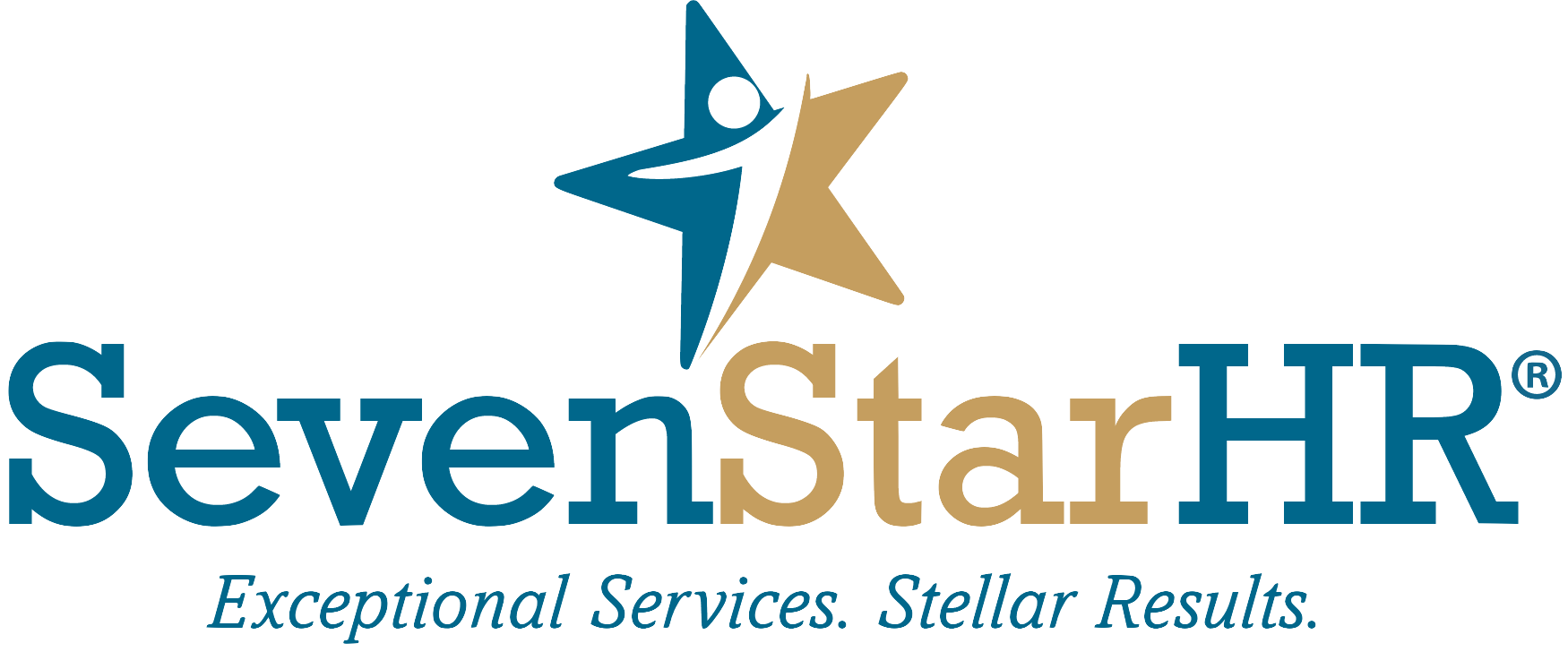Unpacking the TikTok Controversy: 'Time-Blindness' and the ADA in Employment
Have you seen the viral TikTok video where a person shared her experience of feeling disrespected by a potential employer during an interview? She had inquired about accommodation for "time blindness," a term used to describe the difficulty she experiences in being punctual.
Time blindness refers to a cognitive condition where an individual experiences difficulties in accurately perceiving, estimating, or managing the passage of time. People with time blindness may struggle to gauge the duration of events, tasks, or intervals, leading to challenges in punctuality, time management, and planning.
Now, some of us might initially find this concept amusing or even dismiss it outright, but it's essential to recognize that certain disabilities can genuinely impact a person's ability to be on time. Under the Americans with Disabilities Act (ADA), employers are required to provide reasonable accommodations to qualified individuals with disabilities so they can perform their essential job functions.
A "qualified individual" refers to an applicant or employee who meets the necessary requirements and can perform the job's essential functions without accommodation. These essential functions are fundamental duties that cannot be modified without altering the nature of the job.
"Reasonable accommodation" refers to adjustments made to the job that allows a qualified individual with a disability to perform essential functions without causing undue hardship to the employer.
Now, considering we lack specific details about the position the applicant was applying for and the essential job functions involved, let's assume she was qualified for the role. The question then arises whether her claim of "time blindness" could be considered a disability.
While it’s most commonly observed in people with attention deficit hyperactivity disorder (ADHD), time blindness can also be present in people with depression, anxiety, bipolar disorder, post-traumatic stress disorder, and other mental health conditions. Additionally, physical conditions such as narcolepsy or sleep apnea might cause drowsiness and chronic lateness. Moreover, individuals on medication for lifelong medical conditions could experience drowsiness as a side effect.
The important takeaway here is that while it may be tempting to label the TikTok creator as entitled or seeking an excuse for tardiness, we should be cautious. Employers are not allowed to ask applicants about their disabilities directly. However, they can inquire if applicants can perform the essential job functions, including being on time. If the applicant admits that they might have difficulty with punctuality due to a disability, then the issue of reasonable accommodation arises.
This situation reminds us that even in unusual scenarios, there could be genuine and legally relevant issues that require thoughtful consideration under applicable laws.

